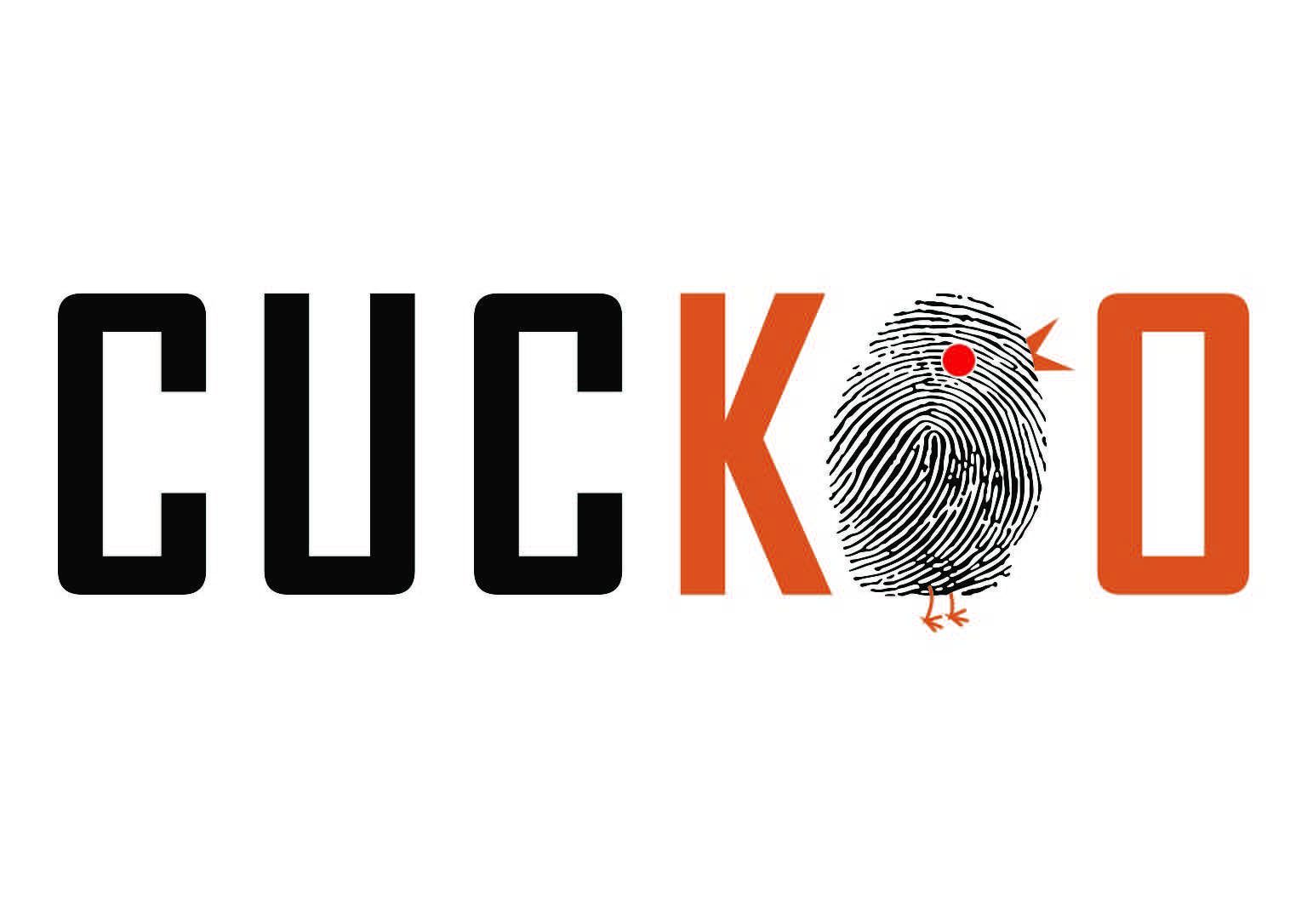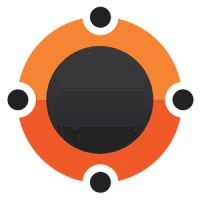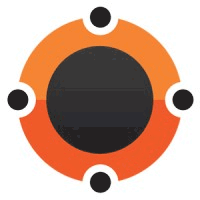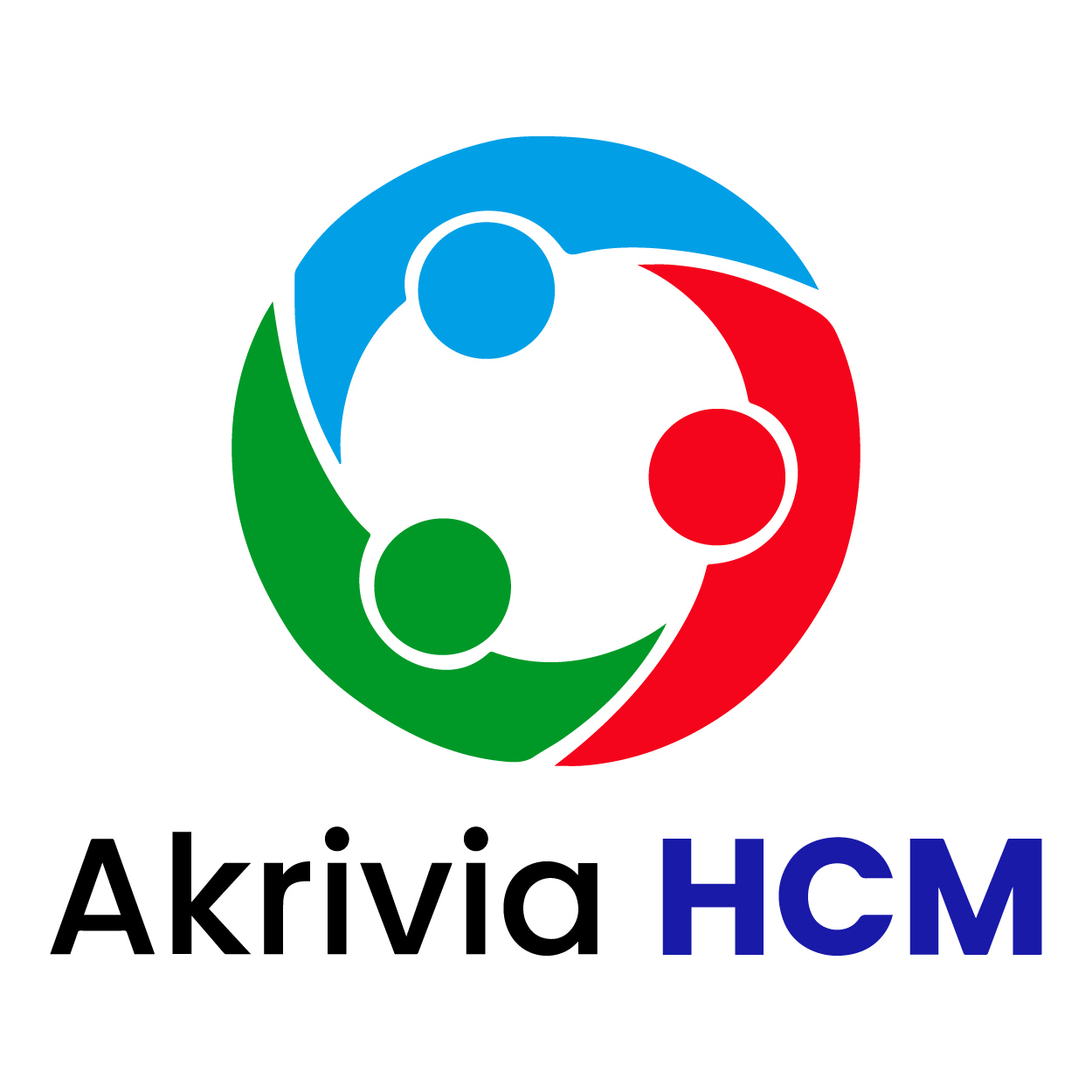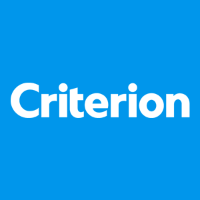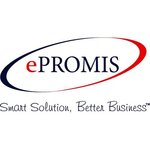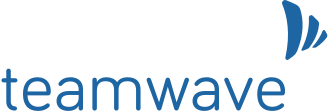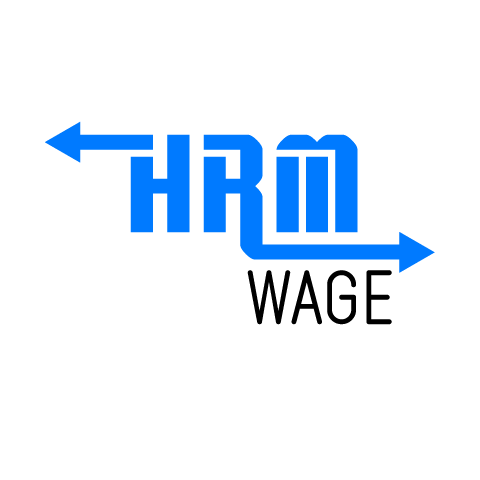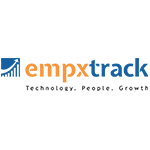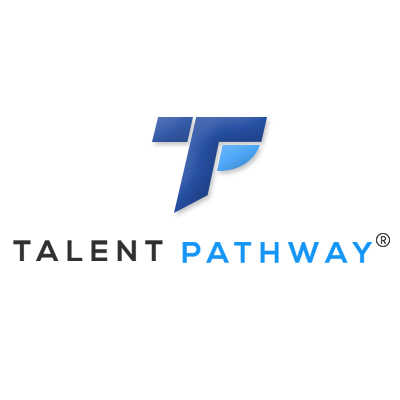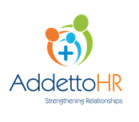What Is Human Capital Management Software?
Human Capital Management Software (HCM) is a sophisticated tool for managing and maximizing an organization's human resources. It is a comprehensive system that integrates several human resource tasks such as recruitment, onboarding, training, performance management, and compensation on a single platform. One of the primary advantages of HCM software is that it simplifies and automates numerous HR operations, saving time and effort on administrative activities.
This allows HR professionals to focus on strategic initiatives like talent development and succession planning. In addition to increasing efficiency, HCM software enhances the whole employee experience by providing self-service options for time-off requests, performance assessments, and benefits registration. This allows employees to take charge of their own professional development, increasing engagement and satisfaction.
Furthermore, HCM software provides sophisticated analytics and reporting capabilities, enabling HR executives to acquire vital insights about their staff. This information can be utilized to make data-driven decisions, discover patterns, and anticipate future recruiting requirements. When it comes to HCM software, there are several options available, including cloud-based, on-premise, and hybrid systems. Each has unique features, benefits, and price methods, so buyers must examine their organization's specific requirements and select the best solution.
What Are The Recent Trends In Human Capital Management Software?
The area of Human Capital Management (HCM) has changed dramatically in recent years, owing primarily to technological advancements and shifting employee expectations. These changes have had an impact on the creation and evolution of human capital management software solutions.
Buyers should be aware of the following key trends in human capital management software:
1. Cloud-Based Solutions: One of the most significant trends in HCM software is the transition to cloud-based solutions. Organizations benefit from improved data access, increased scalability, and lower infrastructure expenses.
2. Mobile Capabilities: As remote work and a mobile workforce become more prevalent, HCM software is required to have strong mobile capabilities. This includes mobile-friendly interfaces, real-time communication, and mobile employee self-service apps.
3. AI-Powered Tools: Artificial intelligence is rapidly being used in HCM software to automate repetitive operations and deliver data-driven insights. This technology can help with recruiting, employee engagement, and performance management.
4. Employee Experience: The emphasis on the employee experience has resulted in the creation of HCM software that extends beyond data and processes. It now offers employee feedback and appreciation, tailored onboarding, and career growth planning.
5. Integration With Other Systems: As integrated HR platforms become more common, HCM software is expected to work seamlessly with other corporate systems such as payroll, time and attendance, and learning management systems.
6. Data Analytics: HCM software now includes robust analytics tools that can transform employee data into useful insights for decision making. This enables businesses to recognize trends, anticipate possible problems, and make data-driven decisions.
7. Employee Well-Being And Mental Health: The COVID-19 pandemic has emphasized the importance of HCM software with capabilities that promote employee well-being and mental health. This includes tools for managing work-life balance, providing mental health assistance, and monitoring employee attitude.
Benefits Of Using Human Capital Management Software
Human Capital Management (HCM) software is a comprehensive solution for streamlining and automating an organization's HR activities. This encompasses everything from recruitment and onboarding to performance management and professional development. With the growing challenges of managing a varied workforce and the need to keep compliance with new regulations, HCM software has become an indispensable tool for organizations of all kinds. There are numerous benefits to employing HCM software, making it an excellent investment for any firm.
Let's take a deeper look at some of the major benefits:
1. Centralized HR Data Management: One of the most significant advantages of adopting HCM software is the ability to store all HR-related data in a single spot. This eliminates the need for many spreadsheets or paper files, lowering the risk of errors and duplication. A unified database also allows HR personnel to swiftly and easily access all employee information, which increases efficiency and productivity.
2. Automation Of Manual Processes: HCM software automates numerous manual processes that HR professionals would typically perform, like as data entry, employee leave tracking, and report generation. This not only saves time, but also decreases the possibility of errors, resulting in accurate and up-to-date information.
3. Streamlined Recruitment And Onboarding: HCM software enables firms to streamline their recruitment and onboarding procedures. The platform allows you to do anything from post job positions, collect applications, and manage interviews to complete paperwork and background checks easily. This not only saves time, but also provides a smooth and consistent recruiting process for all candidates.
4. Performance Management: HCM software includes performance management capabilities that enable managers to establish individual and team goals, track progress, and deliver timely feedback to employees. This enables people to be more accountable and motivated in their tasks, leading to higher performance and productivity.
5. Employee Development: HCM software also offers training and development modules, allowing businesses to design and deliver tailored training programs for their staff. This helps employees improve their skills and expertise, increasing their value to the firm.
6. Compliance And Risk Management: Organizations must ensure that they follow labor laws, regulations, and corporate rules. Employers can use HCM software to design and enforce processes and laws that will keep them compliant. The software also assures that employee data and sensitive information remain protected, reducing the danger of data breach.
Important Factors To Consider While Purchasing Human Capital Management Software?
When investing in Human Capital Management (HCM) software, it is critical to thoroughly analyze all factors to ensure you make the best decision for your firm. HCM software is a critical tool for managing an organization's most valuable asset: its employees. It helps firms increase efficiency and productivity by streamlining numerous HR operations, such as recruitment and onboarding, performance management, and employee development.
To make an informed decision while selecting HCM software, you should examine the following factors:
1. Your Organization's Needs: Before evaluating various HCM software choices, it is critical to examine your organization's HR requirements. Determine the current pain spots and opportunities for improvement. Do you require a solution for recruitment and onboarding? Would you like to automate performance reviews or monitor employee engagement? Understanding your organization's exact requirements can allow you to narrow down your selections and select software that meets your specific demands.
2. Features And Functionality: Once you've determined your organization's requirements, you should consider the features and functionality offered by the HCM software. Some popular features to look for are personnel database management, time and attendance monitoring, payroll integration, and analytics and reporting capabilities. It's best to select software that includes a wide range of functionality to cover all aspects of HR management.
3. Accessibility And Usability: HCM software is utilized by both HR professionals and employees. As such, it must be easily accessible and user-friendly. Look for software that has an easy-to-use interface that works on a variety of platforms, including PCs, tablets, and smartphones. This ensures that the program is accessible to all employees, regardless of location.
4. Integration Capabilities: HCM software should work seamlessly with other systems and applications in your firm, including as payroll, benefits, and talent management software. This will help to streamline operations and prevent data duplication. Choose software with integration capabilities to save time and effort in data management.
5. Data Security And Compliance: Because HR data contains sensitive and confidential information about employees, it is critical to prioritize data security. When choosing HCM software, be sure to look into the security measures in place, like as data encryption and regular backups. Additionally, ensure that the program complies with data privacy standards such as GDPR and CCPA.
6. Support And Training: Implementing HCM software is a learning process, and your staff may require some initial training and support. To ensure a seamless learning and deployment process, select a software vendor that offers complete support, such as training sessions and technical assistance.
What Are The Key Features To Look For In Human Capital Management Software?
Human Capital Management Software (HCM) is a comprehensive solution that assists firms in managing and providing scalable and effective processes for their employees throughout their careers, from recruitment to retirement. It streamlines HR processes and increases labor efficiency. When looking for the finest HCM software, it is critical to evaluate a few important elements to guarantee that you are investing in the best solution for your business.
Here are the top characteristics you should look for when selecting HCM software.
1. Core HR Management: The core HR feature of an HCM software should include all of the main parts of HR management, such as employee data management, payroll, benefits, and leave management. It should have the required controls and adjustments to meet your organization's specific needs.
2. Talent Management: A strong HCM software should provide extensive talent management tools to help attract, retain, and develop outstanding people. This includes performance management, succession planning, and learning and development opportunities that are relevant to your organization's goals.
3. Recruiting: HCM software should include a sophisticated recruitment module that automates the entire process, from job posting to hiring. It should allow you to easily customize job listings, track candidates, and schedule interviews.
4. Employee Self-Service: HCM software should provide a self-service portal that allows employees to access and update their personal information, request time off, examine pay stubs, and manage their benefits. This tool empowers employees while reducing the administrative burden on HR.
5. Analytics And Reporting: A decent HCM software should provide comprehensive reporting and analytics to assist you make data-driven decisions. It should provide information about employee performance, turnover rates, and other essential HR indicators to aid enhance workforce management methods.
6. Compliance: Any corporation must follow labor laws, regulations, and company rules. HCM software should include built-in compliance tools to ensure that your HR procedures are in line with the most recent laws and regulations.
7. Integration: HCM software should work easily with other critical business systems including accounting, project management, and CRM software. This allows enterprises to have a single source of truth while reducing data duplication.
Why Do Businesses Need Human Capital Management Software?
Human capital is undoubtedly the most precious asset in any organization. It includes the personnel, their skills, knowledge, and abilities, all of which contribute to the organization's success and growth. However, managing human capital is not an easy undertaking, particularly in today's fast-paced business environment. This is where Human Capital Management (HCM) software comes in handy.
HCM software is a comprehensive solution for streamlining and automating numerous HR activities, including recruitment, onboarding, performance management, training and development, and payroll. It serves as a central platform for storing all employee data and information, making it conveniently accessible to both HR experts and employees. So, why do firms require HCM software?
The solution is simple: efficiently manage and optimize their human capital. HCM software enables firms to improve their HR procedures, save time and costs, decrease human errors, and make better data-driven decisions. Furthermore, HCM software offers a comprehensive picture of personnel data, enabling organizations to detect skill shortages, measure performance, and design personalised development programs for their staff.
This not only boosts employee engagement, but it also increases overall productivity and organizational efficiency. Furthermore, with the growing trend of remote and flexible work arrangements, HCM software provides a cloud-based solution that allows HR managers to manage their workforce from anywhere and at any time. It also provides AI-powered analytics and reporting, allowing firms to gain vital insights into their human resources and make smarter decisions.
In today's competitive business environment, when people acquisition and retention are vital to success, companies cannot afford to miss the advantages of HCM software. It not only aids in the proper management of human resources, but it also allows organizations to maximize the potential of their human capital, which is critical to attaining long-term growth and success.
How Much Time Is Required To Implement Human Capital Management Software?
The amount of time necessary to implement human capital management software varies based on a number of factors, including the size of the organization, the complexity of the software, and the level of customization required. However, it can take anything from 3-6 months to properly implement and get the program functioning smoothly.
The initial step in the implementation process is usually a detailed assessment and planning phase that can last 4-6 weeks. During this phase, the software vendor will collaborate with the firm to collect critical information such as employee information, company structure, and current HR practices. This data will be utilized to tailor the program to the specific requirements of the organization.
After the assessment and planning phase, the software implementation can take 8-12 weeks. This includes installing the software, connecting it with existing systems, and teaching personnel on how to utilize it efficiently. It is crucial to remember that during this phase, various adjustments and fine-tuning may be required to guarantee that the software is working properly.
Following the implementation of the program, there is normally a period of testing and troubleshooting that can last up to 4-6 weeks. Before fully launching the software, make sure that all aspects of it are working properly and that any issues have been fixed. Overall, the process of deploying human capital management software can take anywhere from 3-6 months, but keep in mind that this timeframe can vary and may be longer or shorter depending on the organization's unique needs and circumstances. It is essential that you collaborate closely with your software vendor to establish a realistic timeframe and ensure an easy and efficient installation.
What Is The Level Of Customization Available In Human Capital Management Software?
Human Capital Management software allows for varying levels of customisation, from off-the-shelf solutions to fully configurable alternatives. As a buyer, you must understand the levels of customization available in an HCM program and select the one that best meets your organization's specific needs. At the most basic level, many HCM software packages have a pre-defined list of functions and modules, making it simple for customers to install the software without requiring major customization.
These off-the-shelf solutions are appropriate for small and medium-sized enterprises with basic HR processes that do not require much customization. For firms with more sophisticated HR operations and unique requirements, there is HCM software that allows for some customisation. This includes tailoring the program to the organization's specific requirements, such as adding additional features, workflows, or integrations.
These software can be adjusted to match the organization's specific HR operations, making it an excellent choice for enterprises with specialized requirements. Fully customisable HCM solutions are available for enterprises that want the highest level of flexibility and control. These tools enable firms to create their own HR processes and have complete control over customisation, including UI/UX, data fields, workflows, and connectors.
This level of customization may necessitate technical skills and resources, but it provides the best specialized solution for enterprises with complicated HR processes and unique needs. When determining the extent of customisation possible in an HCM software, it is critical to examine the organization's current and future requirements. A software that is overly inflexible or configurable may not be the greatest fit for your firm. It is critical to strike the correct balance between out-of-the-box capabilities and customizability to ensure that the software satisfies your organization's specific needs while still being user-friendly and cost-effective.
Which Industries Can Benefit The Most From Human Capital Management Software
Today's industries, including human resources, rely more and more on technology to streamline and improve their operations. With the advent of remote work and the requirement for effective, data-driven procedures, demand for Human Capital Management (HCM) software has skyrocketed. HCM software is a comprehensive tool for helping firms manage their workers, from recruitment and onboarding to performance evaluation and development.
So, which industries will profit the most from implementing HCM software? The quick answer is "almost all of them." Employees are unquestionably an organization's most precious asset, and HCM software is meant to assist organizations in successfully managing and nurturing this invaluable resource. However, there are a few industries that will benefit the most from using HCM software.
The healthcare business, in particular, can profit tremendously from HCM software. HR management in healthcare can be difficult due to high staff turnover rates and rigorous regulatory compliance requirements. HCM software can assist healthcare firms in complying with labor laws, tracking staff certifications and training, and ensuring compliance with industry-specific standards.
Retail is another business that may significantly improve its HR operations by implementing HCM software. Retail organizations have a large and diversified staff, making it difficult to maintain personnel data and schedules. HCM software includes capabilities for scheduling, time tracking, and leave management, allowing retail organizations to better manage staff shifts and assure sufficient coverage.
HCM software has the potential to transform the manufacturing sector. With a large workforce and complex supply chain procedures, HR management in manufacturing can be time-consuming and error-prone. HCM software may help with recruitment and onboarding, monitoring employee training, and tracking performance, all while automating tiresome administrative work.
Furthermore, service-based industries such as hotels, transportation, and professional services can benefit greatly from HCM software. With a substantial portion of their staff on the go or working remotely, these sectors require a solution that centralizes employee data while also enabling seamless communication and collaboration. HCM software can provide a consolidated platform for managing staff data, scheduling, and performance evaluation, making it an important tool for service-based firms.
Conclusion
Finally, investing in human capital management software can help your firm by streamlining and optimizing its HR operations. Whether you are a small firm or a huge organization, having a comprehensive HCM solution may help you attract, retain, and develop top personnel while also fostering a healthy and efficient work culture.
When selecting HCM software, you must examine your individual goals and requirements, as well as the features and functionality offered by various vendors. Take advantage of free demos, samples, and consultations to learn more about how the product works and whether it fulfills your needs. Additionally, thoroughly examine the software provider's reputation and trustworthiness, as well as their customer service and training choices.
It is also critical to examine the software's scalability and compatibility with your existing systems, as well as any future expansion. Overall, human capital management software can help you improve your HR processes and drive corporate success. You may efficiently manage your workers and realize their full potential by carefully examining your options and selecting the best software for your firm.

